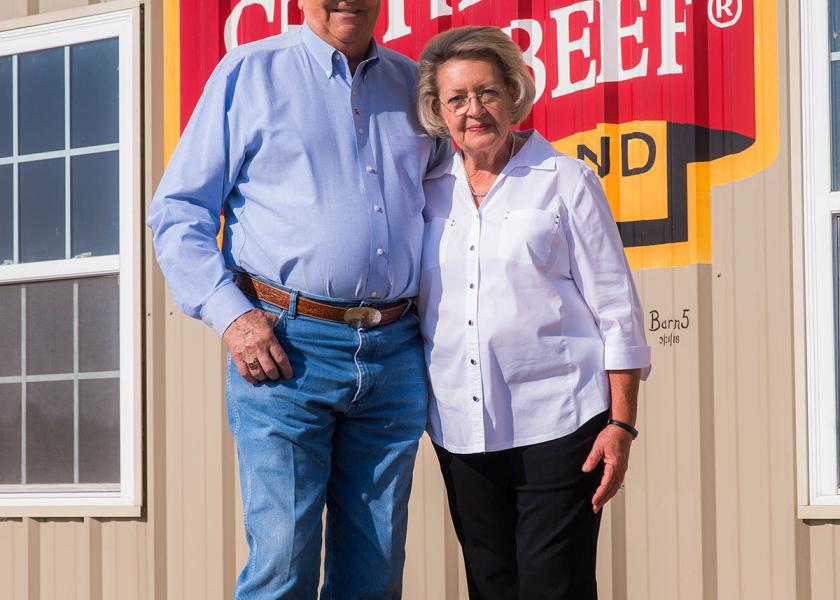McPeake Presented BIF Pioneer Award

Charles McPeake, Arnoldsville, Georgia, was presented the Beef Improvement Federation’s (BIF) Pioneer Award June 9 during the group’s annual research symposium online. Robert Williams, American Wagyu Association executive director, presented the award.
The Pioneer Award recognizes individuals who have made lasting contributions to the improvement of beef cattle, honoring those who have had a major role in acceptance of performance reporting and documentation as the primary means to make genetic change in beef cattle.
McPeake earned his bachelor’s degree from the University of Tennessee at Martin and served for four years as an extension agent in Giles County, Tennessee, before continuing his education. He completed a master’s degrees at the University of Tennessee at Knoxville and a doctorate at Michigan State. McPeake worked for three more land grant universities throughout his career — South Dakota State, Oklahoma State, and finally the University of Georgia, where he retired from in 2005.
Among various duties, he served as the South Dakota Livestock Records Association executive director where over 50,000 weaning weight and 20,000 yearling weight records were processed annually. At Oklahoma State, McPeake was an extension beef cattle breeding specialist and was named Outstanding State Specialist in 1986. In 1990, McPeake moved to the University of Georgia to serve as professor and head, Extension Animal Science Department. There, he led the development of extension educational programs for beef producers, including Cow College and Beef Challenge for interested Georgia Master Cattlemen. He also taught a capstone course for senior students that pertained to world meat trade.
McPeake served BIF in several capacities: as a member of the Seedstock Committee; co-chairman with Dr. Frank Baker of the BIF Annual Research Symposium in Stillwater, Oklahoma; secretary and chairman of the Central Test Committee; and as executive director. He received BIF’s Continuing Service Award in 1993.
To date, more than 1,200 beef producers, academia and industry representatives have registered to participate in the organization’s 52nd Annual Research Symposium — Online. BIF’s mission is to help improve the industry by promoting greater acceptance of beef cattle performance evaluation.
For more information about this year’s symposium, including additional award winners and coverage of meeting and tours, visit BeefImprovement.org/symposium.







